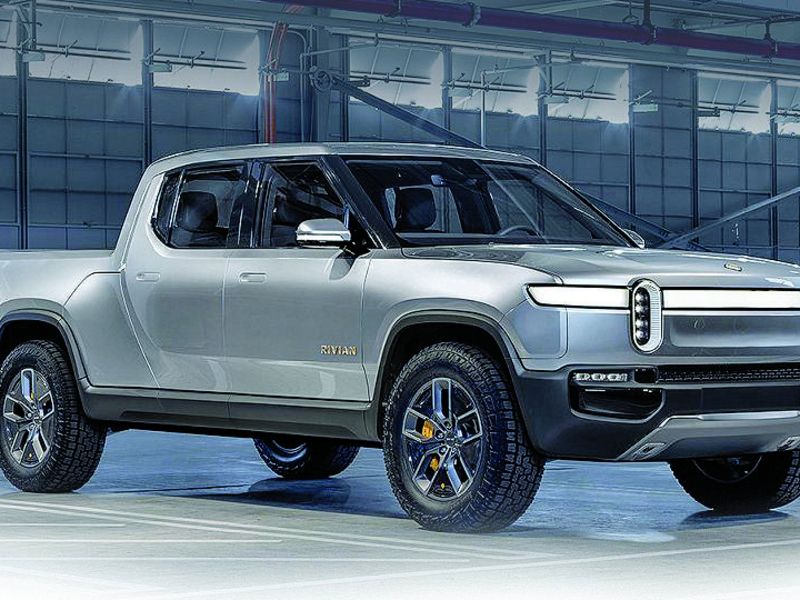
Grumbling online in Rivian forums is at high volume this summer as the delayed arrival of the company’s first consumer product, the Launch Edition R1T electric pickup, grinds on.
The first vehicles were promised late last year. The delivery date has slipped three more times in 2021. If there are no further setbacks, the first R1Ts could be in customers’ driveways in about seven weeks. But if that date is missed, I say it’s no big deal.
Rivian is doing the right thing by holding off on delivering the R1T electric pickup, while ramping up production and testing of the battery-powered delivery vans it is building for Amazon.
Rivian and Amazon this summer plan to test the vans in 16 cities to ensure that battery packs, electric motors, power electronics and build quality are free of defects. Vans are rolling now in San Francisco, Detroit, Denver and several other cities.
In a recent note to customers, CEO RJ Scaringe cited the chip shortage and lingering affects of the pandemic as two reasons for the R1T delay. But it looks like the chips Rivian is receiving are being prioritized for the Amazon vans. That’s the right move, though it might not sit well with customers waiting for their trucks. But those customers should look at the bigger picture.
If I am an anxious customer, I want Rivian to sell me a vehicle that it knows is built well and that won’t break. That’s partially why the Amazon van test is so important.
This is the first real-world use of Rivian’s battery pack, electric motors and power electronics. The vans are the first test of Rivian’s production system. Don’t forget that Rivian is building three brand-new vehicles in a retooled plant with a work force that has never built electric vehicles. The company is dealing with new suppliers and using new production equipment. There’s a lot that could go wrong.
Without a nationwide dealer network, Rivian will rely on over-the-air updates to deal with software issues. But OTAs can’t fix broken parts or correct manufacturing defects. This summer Rivian is building a network of service centers where repairs will be made. But only a few centers are open now.
The thrill of being first on the block with a flashy new vehicle eventually fades. Two yardsticks that will determine whether Rivian is viable long-term are performance and build quality. It is absolutely vital that Rivian gets these right, and Scaringe knows it. Better to let Amazon wring the final bugs out of Rivian’s technology and production system than have angry customers shouting on social media that they are unhappy because something broke and it can’t be fixed quickly and easily.